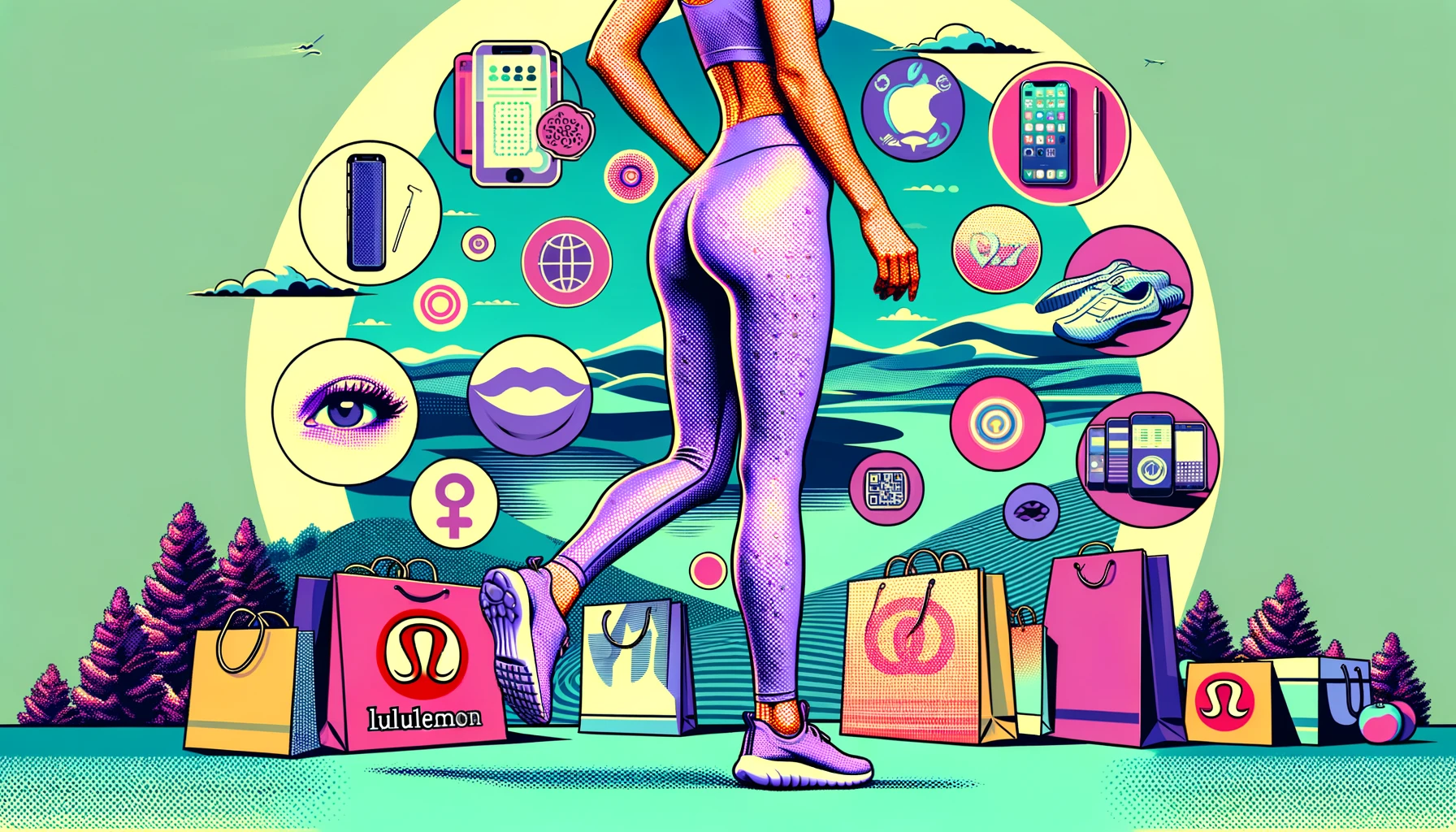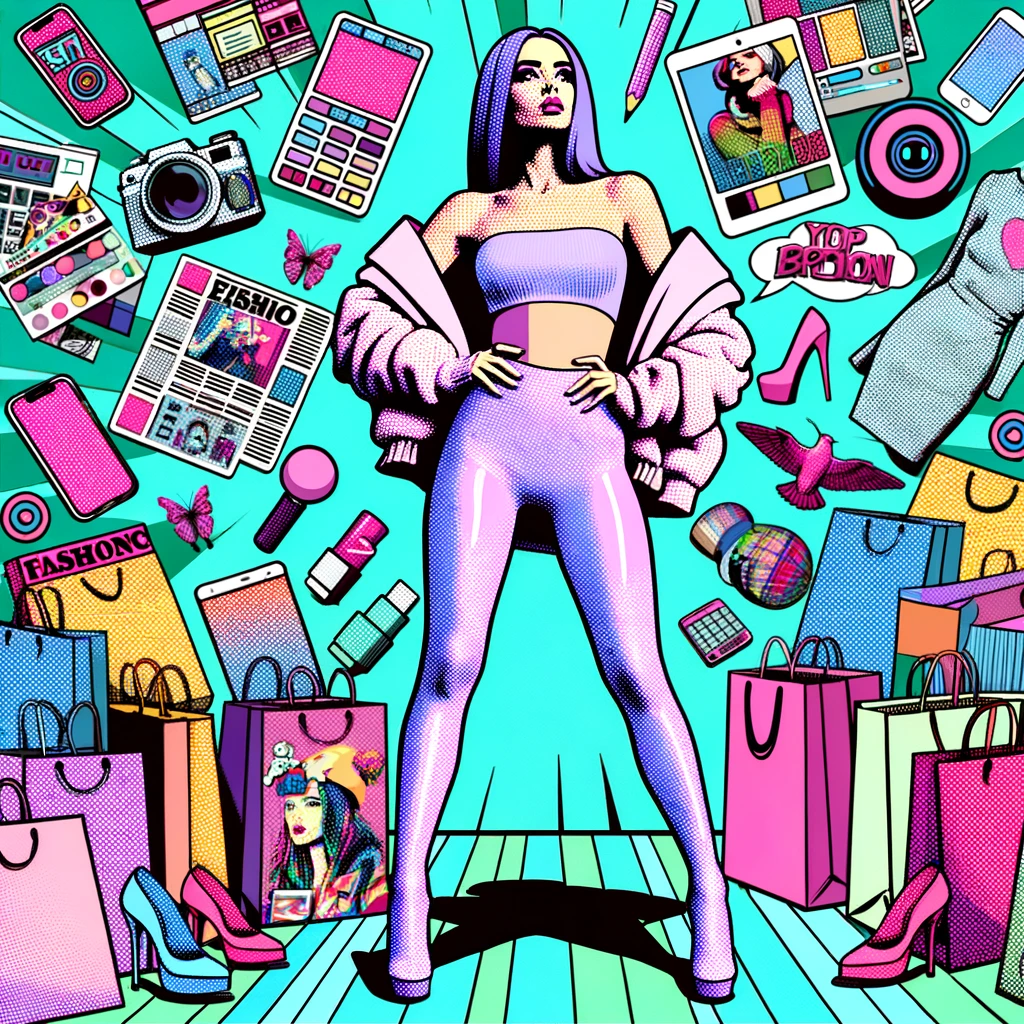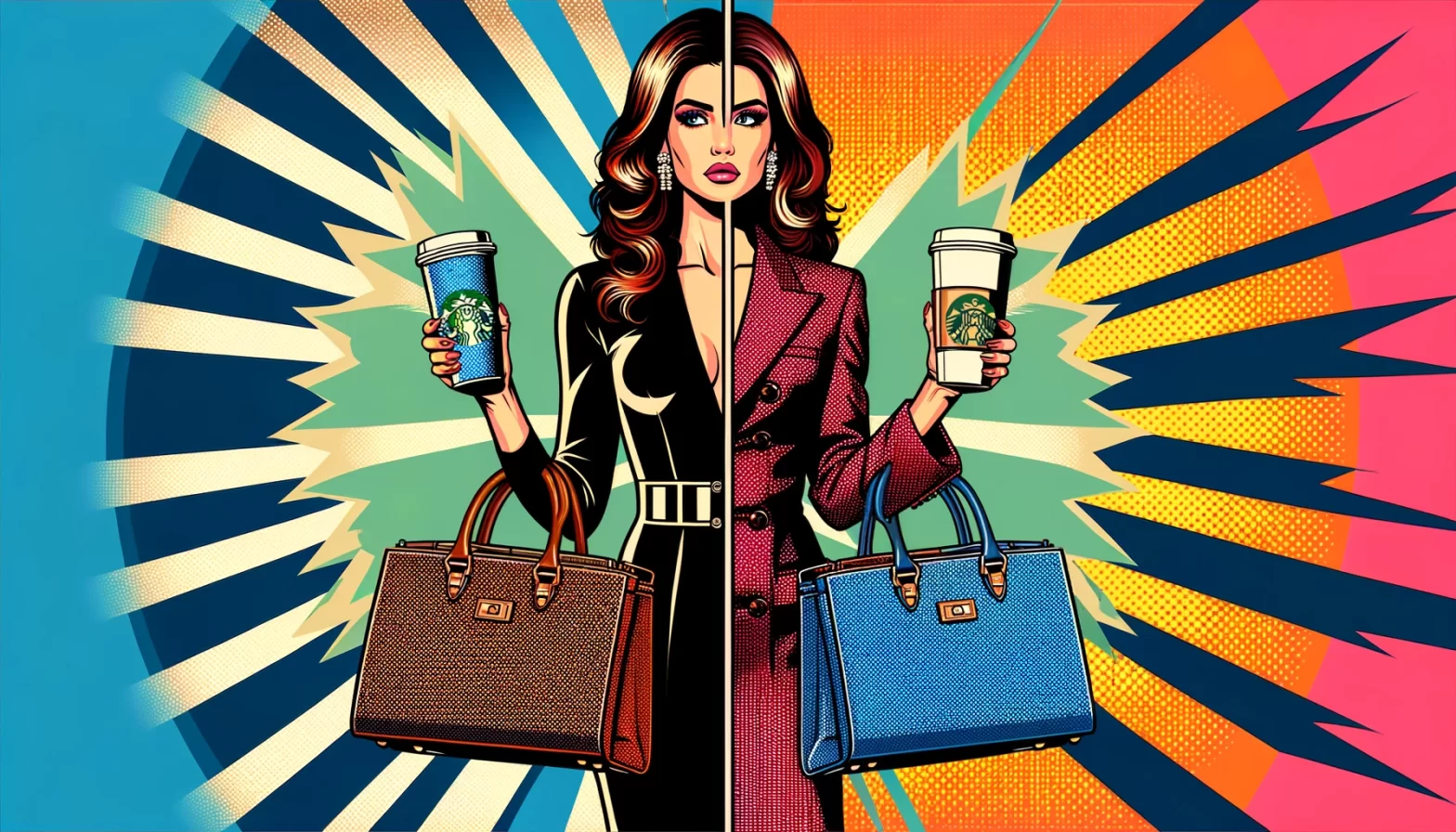Ninety-eight dollars buy you not just a pair of Lululemon leggings. They encapsulate an aspirational lifestyle–you are better, you take care of yourself. They are plastered to your skin like a badge of distinction for your dedication to wellness. They sculpt your identity better than they sculpt your ass. They are a status symbol. You have just bought envy.

Modern society resembles a bustling marketplace of identities, where consumer choices unfortunately have become a critical lens through which we view ourselves and our place in the world. Consider Apple’s AirPods—they sell at quadruple the price of other wireless earbuds. Yet, AirPods have become ubiquitous, with over 150 million units sold. In this context, companies like Apple do not merely sell technology, but a membership to an elite club. The ubiquity of AirPods signals more than just a triumph of function; it heralds the victory of branding, of creating a cult of loyalty where the product is a totem of belonging. With every pair sold, Apple weaves itself deeper into our social fabric, redefining norms and dictating aspirations. Are you wearing the earbuds, or are the earbuds wearing you, dictating who you should be as we tether ourselves to a new form of conspicuous conformity?
“Conspicuous consumption” is a term first coined by economist and sociologist Thorstein Veblen in his book “The Theory of the Leisure Class.” Starbucks stands as a modern exemplar “conspicuous consumption,” where the ritual purchasing a premium coffee beverage serves as a public declaration of one’s social standing and economic prowess. When customers pay upwards of $5 for a Starbucks latte, the iconic green mermaid on a cup hints at their alignment with a culture that values brand over the commodity, experience over expediency. Whether it is wearing AirPods, brandishing the newest iPad, or pulling up in a Tesla, or walking into a meeting with a Starbucks cup in hand, the implicit message is clear: It’s not just about the product—it’s about the aura of sophistication, productivity, and urbanity that the product is supposed to confer.

Or maybe, you don’t identify as one of those rich snobs who drop $98 on Lulu leggings or $179 on AirPods. You know who you are, beyond what you consume. You’re above the fray, impervious to the siren calls of consumer culture—you see through the shallow veneer of consumerism, the sage who sips from a mason jar, not a logo-emblazoned cup; the saint who only drinks fair-trade single-origin coffee; the rebel who’d always choose a good old paperback over an iPad or Kindle. You scoff at the masses clamouring for the newest iPhone—money cannot buy you morality, happiness, or an identity. Yet, in your effort to be better, you’ve unwittingly subscribed to the alternative uniform, a counterculture as standardised as the one you thumb your nose at. Your disdain for the mainstream becomes its own brand, meticulously curated through a collection of anti-brands, thrift-store finds, and a playlist carefully curated to showcase your impeccable taste in ‘underground’ music no one else listens to. It seems even the act of rejecting conspicuous consumerism is subject to its trends, and you, my friend, are as much a product of your purchases as the person next door with their shiny new tech.

Every dollar we spend becomes a vote for the kind of person we wish to be seen as, in a world where perception often trumps reality. The allure of these brands isn’t just in the quality of their products, but in the lifestyle they promise—a lifestyle of success, of being ahead in the social hierarchy, of embodying ideals that are coveted and celebrate. However, beneath this glossy veneer of self-expression lies a stark reality: the relentless pursuit of identity through materialism often leads to a hollow satisfaction. It’s a chase where the finish line constantly moves further away, fuelled by a paradoxical blend of individuality and conformity. The same platforms that promise endless possibilities for self-expression also peddle a homogenised vision of success and beauty, nudging us toward a narrow corridor of acceptability.
This reflection is not an indictment of consumerism or an appeal to asceticism. Instead, it’s an invitation to introspect on the nature of our desires and the sources of our satisfactions. It’s a call to find a balance between expressing ourselves through what we own and finding joy in who we are, independent of the material symbols we attach to our identity.
